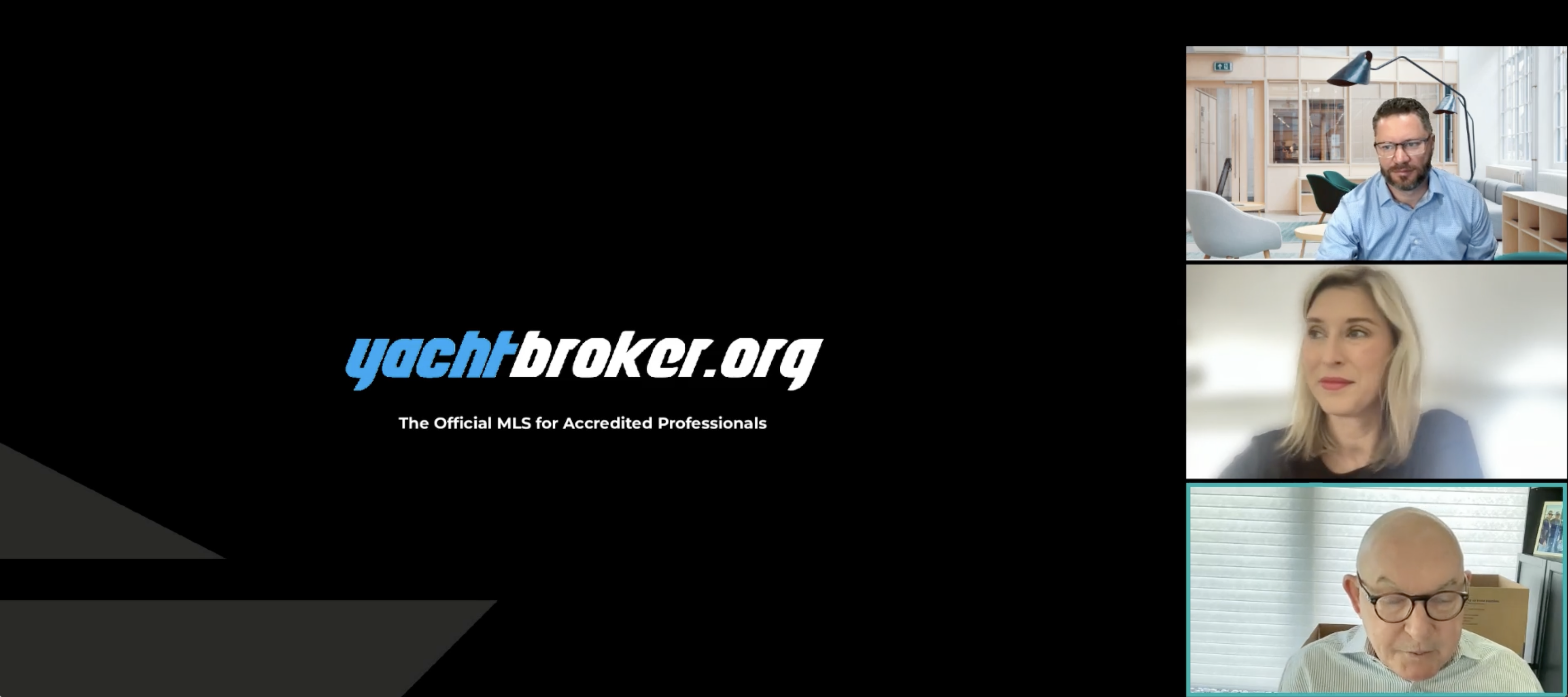A Gateway to Recovery
Marinas have spent decades learning how to be resilient against nature’s elements. Now that resiliency could help marinas in unprecedented economic times.
The boating industry has opportunities to recover from this recession that weren’t present in prior downturns because of the social distancing inherent to boating, while also giving people an opportunity to get away, says Suntex COO Rich Carter. “The industry is kind of built around social distancing,” Carter says. “If you happen to be on your boat, it already falls in line with what you’re supposed to do.”
All 30 Suntex marinas in 13 states are considered essential businesses, but complementary businesses such as restaurants and rentals usually are not. Because of that discrepancy, Suntex is ramping up marketing and adding staff to some ancillary businesses. As Carter puts it, “We want to be ready to go. It’s not a time for us to pull our heads in shells and keep our fingers crossed,” he says. “We’re actively going out there and making sure when they do want to get out, we have a viable plan.”
The tagline “get a breath of fresh air” will be in Suntex’s upcoming marketing, with the hope of capitalizing on what at least some marinas nationwide are already seeing: an uptick in business.
“We haven’t had an outbreak [here],” says Joe Lewis, owner of Mount Dora Boating Center & Marina in Florida. “We’re going to return to normal pretty damn quick. In Orange County, where they’re heavily tourist-dependent with Disney and Universal and theme parks shut, maybe not so much.”
With multiple locations in four Midwest states, SkipperBud’s is poised for a spike in new and returning boaters, says vice president Mark Ellerbrock. “Our customers, the one thing they are looking forward to — like a vacation; they can’t do Disney or Europe right now — the one thing they want is their boat and a sunny day,” Ellerbrock says.
After the Great Recession, SkipperBud’s grew as it scooped up repossessed units, beating out dealers who didn’t want to deal with used boats. Ellerbrock sees other opportunities for marinas during this downturn. “We were good at virtual marketing, but we’ve spent the last three months really changing up some of the ways we market on social media platforms,” he says, adding that the company is also now more flexible about open hours and office times.
And he foresees a new pool of skilled employees becoming available for marina service jobs. “There are going to be some people who lose their job in aviation, so there’s a pool of skilled workers that I think will help and easily transition into marine trades,” he says. “There’s silver linings everywhere.”
Marina owners seem poised to bring in new boaters at varying price points — something the industry has been unable to pull off since before the 2008 recession. Still, marinas and dealerships are banking heavily on boat club and rental programs, and are getting the word out about new precautions. For example, Suntex’s boat club program will now take reservations remotely. Staff will have the boat at the slip with the keys, and will sanitize it at the end of each day when it returns, Carter says.
“To have the opportunity to get out and enjoy a day on the water — when this thing breaks, we think our boat rentals and boat club is going to go off the charts,” Carter says. “Some of those business lines are going to flip the other way. Everybody’s got a little cabin fever. Also, we think going to the movies and theme parks, that’s not going to be as appealing as something like boating or even golfing.”
Lewis has put together a leasing program for a few families to have access to a 20- or 22-foot deckboat, but hasn’t found the right time to roll out a wider version of the concept. “It’ll be exclusive to four user groups, and you’ll be guaranteed that boat on a given weekend, or any other time the other three users aren’t using it,” Lewis says. “It’ll be kept here at the marina, serviced by our personnel. Insurance, maintenance, storage and access are all one price, less than $500 a month.
“I would be less optimistic if I were strictly a boat dealership,” Lewis adds, “but the diversity with the marina side of the business, the service side and the rental side of the business, I’m more optimistic.”
As the country begins to reopen, one hurdle is understanding what the rules are from state to state, or even jurisdiction to jurisdiction within a state. That confusion compelled marina owners to lobby legislators for looser regulations. After some governors banned boating and fishing outright, marinas, associations and other entities worked to create safe boating guidelines to prepare to reopen.
Orange County mayor Jerry Demings issued an executive order initially that supported outdoor activities, but did not specifically allow for boating and fishing. Lewis suspects the omission, at least in part, was because of photos that went viral of several hundred boats on a Palm Beach sandbar. So his company developed safety guidelines and social distancing rules to keep people safe, and sent Demings a letter accompanying the precautions. Lewis offered to make copies of the guidelines and post them at all Orange County public ramps. A similar letter was issued to Gov. Ron DeSantis.
“That was one of the hurdles we had to get over when we were trying to get our situation reopened, which is why we came up with those guidelines and said, ‘We can be part of the solution,’ ” Lewis says.
Ellerbrock says that, as with the Great Recession, marinas will learn lessons that make the survivors even more solid for the future. “I think we’ll become stronger and learn how to change and adapt,” he says, “and those that don’t will be left behind.”
Article Author: Reagan Haynes





